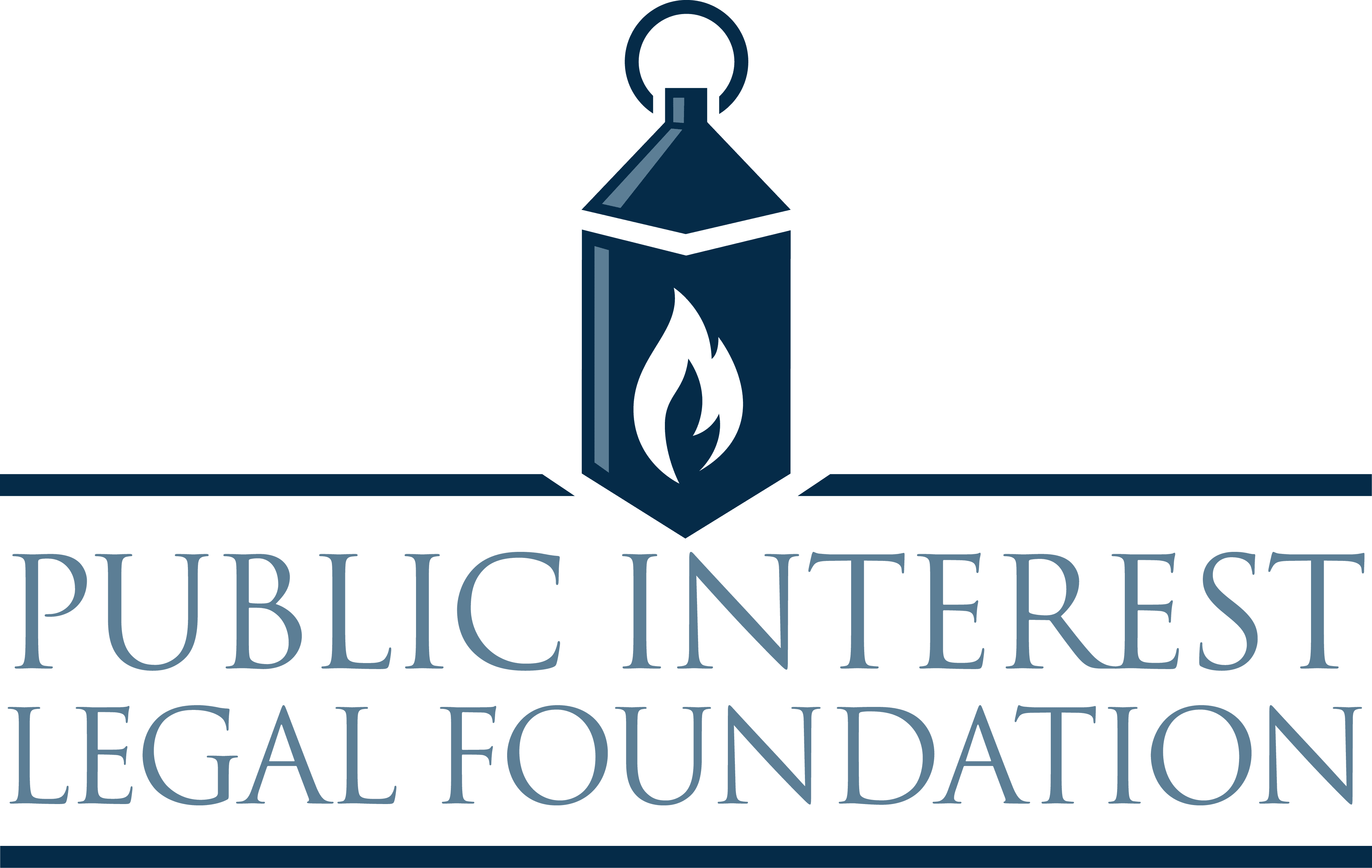Supreme Court precedent in Shelby County v. Holder orders that Congress cannot indiscriminately treat states differently.
(Alexandria, VA) – April 30, 2024: The Public Interest Legal Foundation (PILF) filed two federal lawsuits to have Minnesota and Wisconsin’s exemptions from the National Voter Registration Act’s (NVRA) Public Disclosure Provision declared invalid. The complaints allege that these states’ exemptions violate the principle of equal state sovereignty.
If applied, the NVRA would require Minnesota and Wisconsin to make their voter rolls with dates of birth available at a reasonable cost to the public regardless of the requestor’s residency.
HISTORY OF THE NVRA
In 1993, Congress passed the National Voter Registration Act, which requires states to “make available for public inspection and, where available photocopying at a reasonable cost, all records concerning the implementation of programs and activities conducted for the purpose of ensuring the accuracy and currency of official lists of eligible voters.”
Congress’s intent behind the NVRA’s Public Disclosure Provision was to ensure the public can evaluate a state’s voter list maintenance activities and to allow the public to enjoy a transparent electoral process.
Congress gave Minnesota, Wisconsin, Idaho, New Hampshire, North Dakota, Maine, and Wyoming special exemptions from the NVRA because these states offered same-day voter registration or did not require voter registration. Maine lost its exemption when it briefly discontinued same-day voter registration.
THE NVRA’S TRANSPARENCY EXEMPTIONS VIOLATE THE PRINCIPLE OF EQUAL STATE SOVEREIGNTY
Minnesota and Wisconsin’s exemption violates the principle of equal state sovereignty because it treats six states differently than the other states.
In the Supreme Court case Shelby County v. Holder, the Court reaffirmed that all states enjoy equal sovereignty and that if Congress treats states differently, the differential treatment must be “sufficiently related to the problem [the statute] targets” and must “make sense in light of current conditions.”
Minnesota and Wisconsin’s exemptions from the Public Disclosure Provision did not make sense when the NVRA was passed in 1993 or now under “current conditions” because:
- Both states routinely grant and remove voting rights through registration and voter list maintenance. Congress’s goal of making this process transparent applies equally in Wisconsin and Minnesota.
- Minnesota, Wisconsin, along with 18 other states and the District of Columbia offer same-day voter registration. Yet, 13 of these states and the District of Columbia are subject to the NVRA’s transparency requirements while Minnesota, Wisconsin, and four other states are not.
- States offering same-day voter registration does not exclude them from Congress’s intent to bring transparency to elections.
“No state should be exempt from transparency,” said PILF President, J. Christian Adams. “All states should be treated equally under the law and no exemption should allow certain election officials to hide documents relating to voter list maintenance activities. This lawsuit is the first step to bringing the National Voter Registration Act’s transparency requirements to all 50 states.”
The attorneys for the Foundation in this case are Noel Johnson and Kaylan Phillips.
The case filings and documents in Public Interest Legal Foundation v. Steve Simon can be found here. The case filings and documents in Public Interest Legal Foundation v. Meagan Wolfe can be found here. A factsheet on the cases is available here.
These cases mark the latest in a long line of successful cases brought by PILF under the NVRA. PILF has brought more voter roll clean-up and transparency cases under the NVRA than any organization in the United States. It has obtained favorable judgments in many of these cases and will bring more cases in this important election year.
Public Interest Legal Foundation (PILF) is the nation’s only public interest law firm dedicated wholly to election integrity. The Foundation exists to assist states and others to aid the cause of election integrity and fight against lawlessness in American elections. Drawing on numerous experts in the field, PILF seeks to protect the right to vote and preserve the Constitutional framework of American elections. PILF has brought lawsuits and won victories in Texas, Mississippi, North Carolina, Virginia, Maryland, Pennsylvania, Michigan, and across the United States.
###
For media inquiries, please reach out to Lbowman@publicinterestlegal.org

